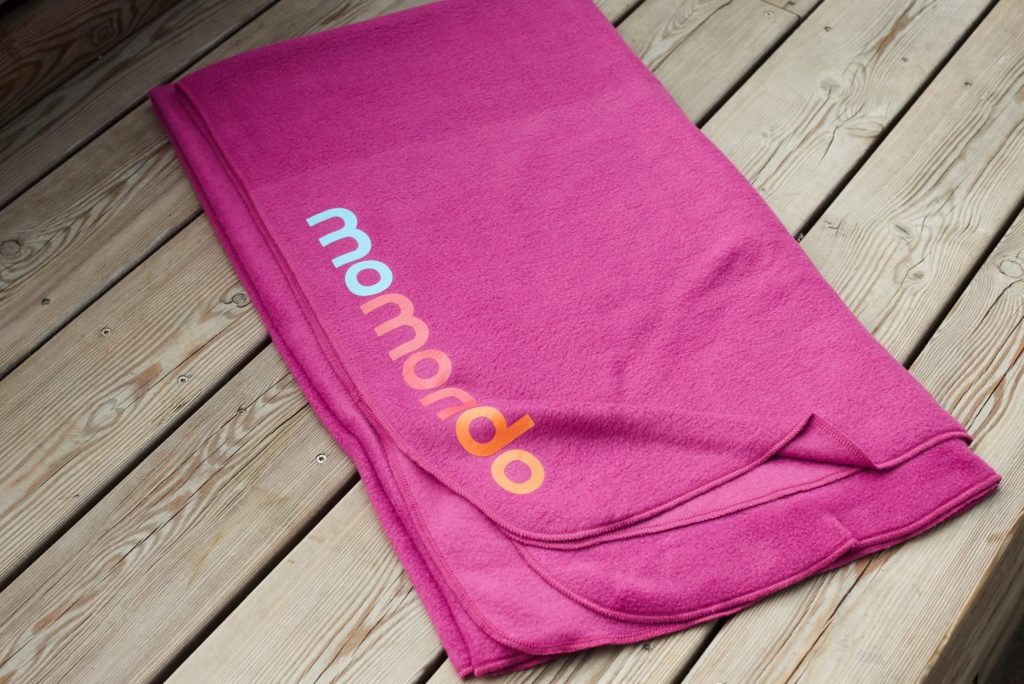Skift Take
Well, well, well ... if Booking Holdings is cutting brand marketing spending, what does it mean for the Momondo name going forward?
Booking Holdings has made a big deal out of how it wants to reduce its reliance on third-party advertising and instead boost direct bookings but it is going the opposite way with one of its newest acquisitions.
Booking bought European metasearch company Momondo Group in 2017 for $550 million and has wasted little time in making changes.
Out went the old management and in came a new leadership team, mainly made up of Kayak executives, and under them there has been a “slight adjustment to the business strategy,” according to accounts recently filed at the UK’s Companies House.
The main change is the way the company spends its marketing budget. “We decreased brand marketing efforts and budget by approximately 90 percent. These savings were then redeployed as a performance marketing expense to focus on search engine marketing,” the directors of Momondo Group Limited said.
In calendar year 2017, Momondo spent $15.8 million (£12 million) on marketing, versus $15.3 million (£11.6 million) in 2016.
DON’T MISS BOOKING HOLDINGS CEO GLENN FOGEL ON STAGE AT SKIFT GLOBAL FORUM
While Momondo’s marketing expenditure has stayed fairly steady, overall revenue jumped 60 percent to $24.3 million (£18.5 million) due to “marketing investment and new turnover streams since the acquisition by Booking Holdings Inc. especially in advertising.”
Momondo swung from an operating loss of $6.7 million (£5.1 million) to a profit of $8.7 million (£6.6 million.)
Momondo’s financial position also looks a lot healthier thanks to layoffs. The company cut overall headcount by a third to 87 with staff costs falling 12.8 percent to $10.7 million (£8.1 million,) a figure that included $1.8 million (£1.4 million) worth of severance pay.
Former CEO Hugo Burge and CFO Alan Martin were among those to leave the business last year.
“The acquisition led to the integration of the back-end technology and rationalization of the workforce. The impact of such change management, while not fully visible in fiscal 2017, shows a significantly lower personnel expense in the period post acquisition compared to prior periods,” the directors said.
What Now for Momondo?
What’s strange about Booking’s decision to reduce brand marketing is that one of the purported reasons for doing the deal in the first place was the strength of the Momondo brand. The company garnered plenty of attention for its eye-catching campaign called “The DNA Journey.”
Either it is so strong it doesn’t need the support, or Booking has taken a closer look and decided to the other way.
According to Kayak CEO Steve Hafner, who is ultimately in charge of Momondo, the change is all about doing what works. Kayak is good at paid search engine marketing so that’s what it is going to do more of at Momondo.
“Our commitment to the brand Momondo is as strong as ever. The shift in spend merely reflects one of Kayak’s strengths – performance marketing,” Hafner said.
REGISTER NOW TO HEAR BOOKING HOLDINGS CEO GLENN FOGEL AT SKIFT GLOBAL FORUM ON SEPT. 27
The Daily Newsletter
Our daily coverage of the global travel industry. Written by editors and analysts from across Skift’s brands.
Have a confidential tip for Skift? Get in touch
Tags: advertising, booking holdings, kayak, marketing, metasearch, momondo
Photo credit: A Momondo branded towel. The company increased turnover in 2017. Luba Kozorezova / Strelka Institute / Flickr
